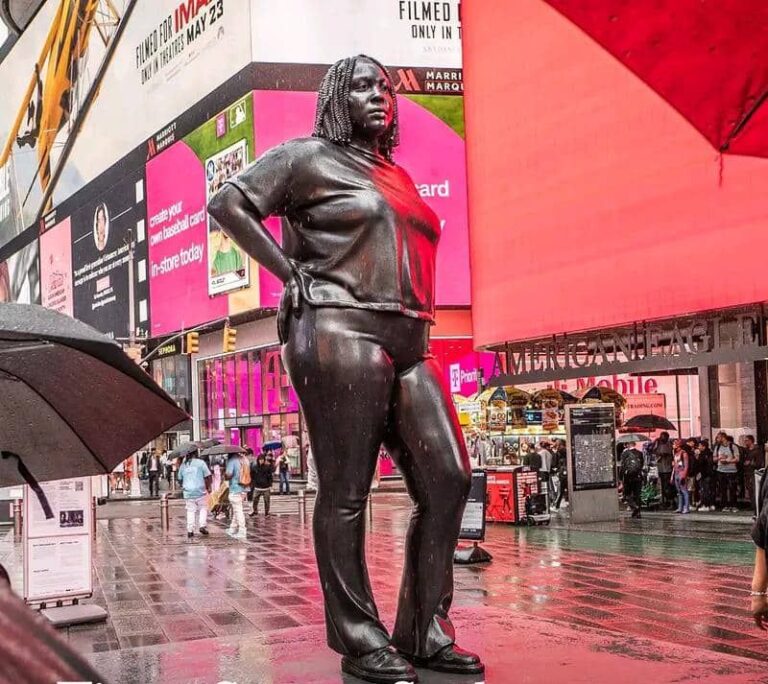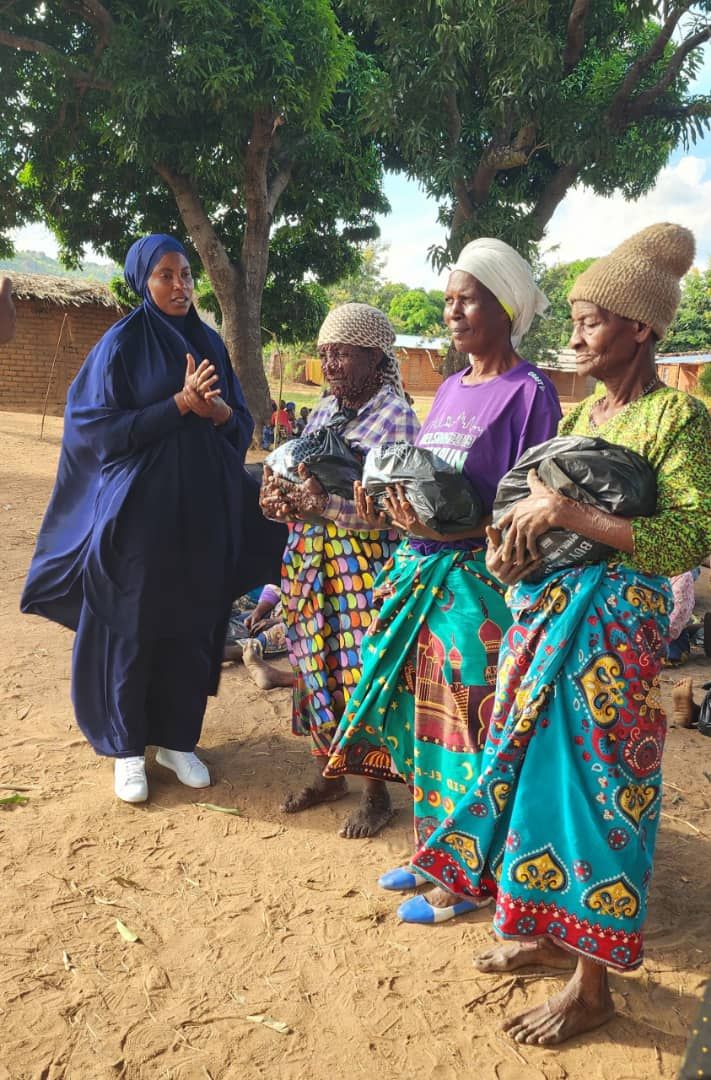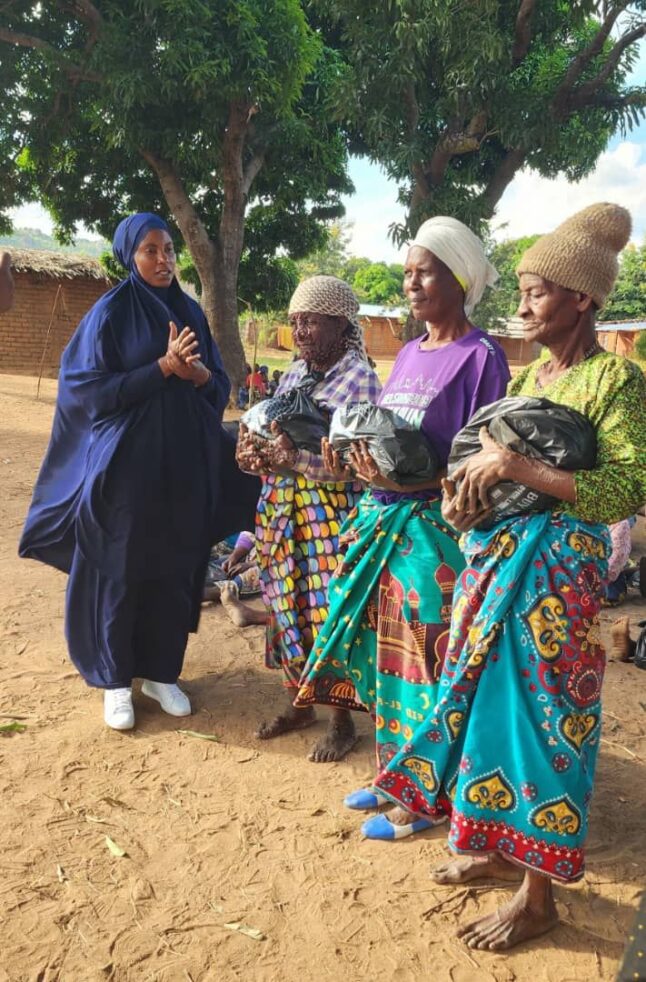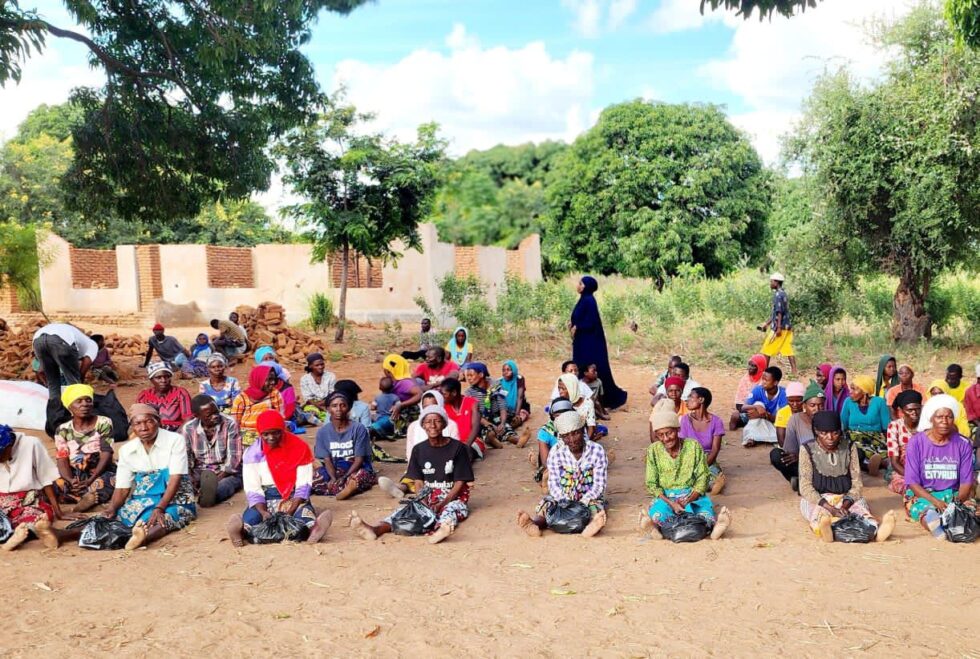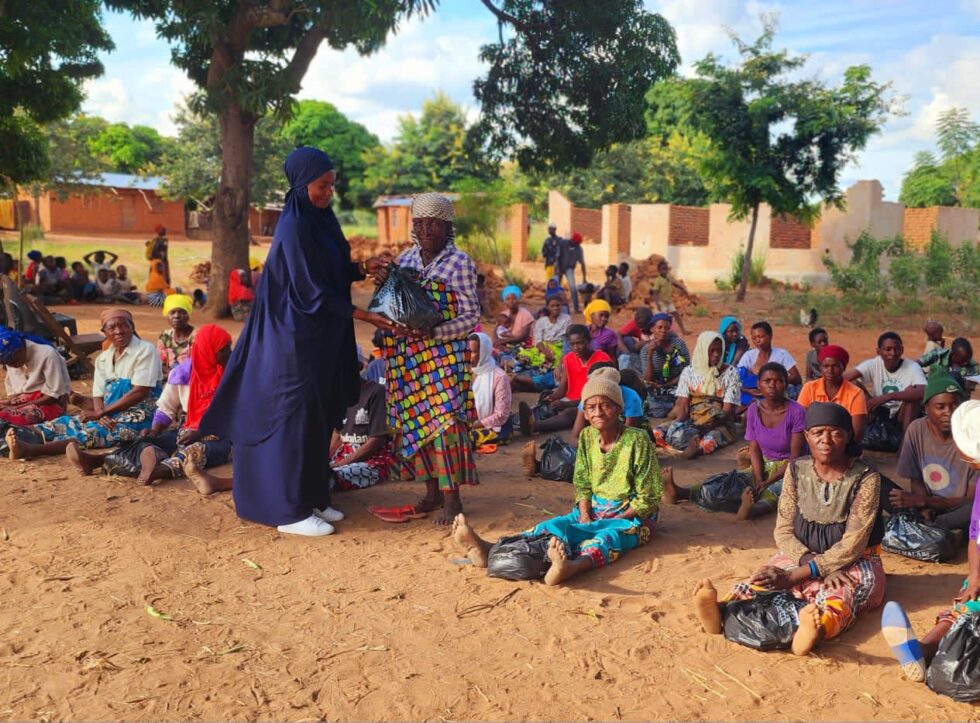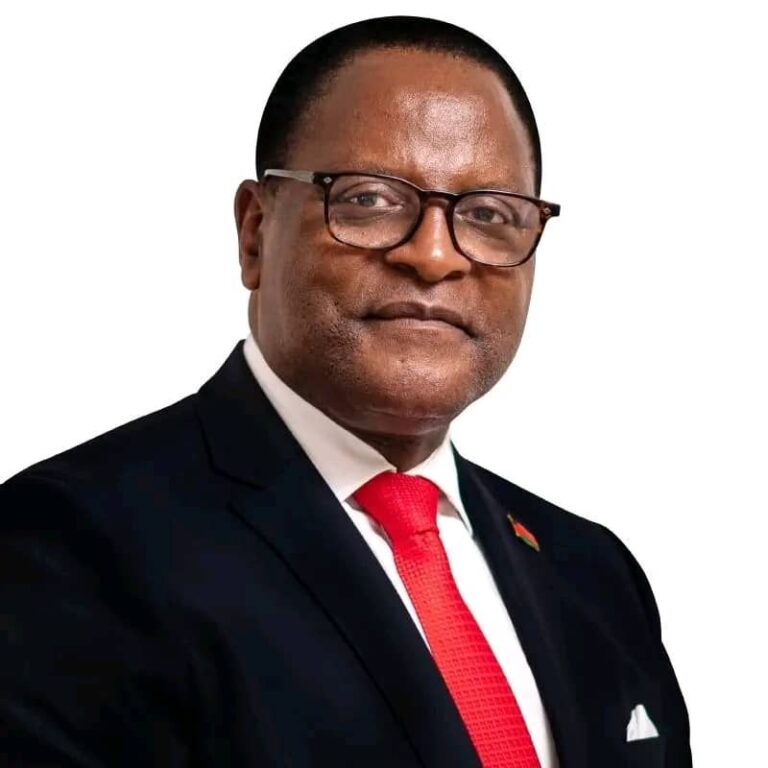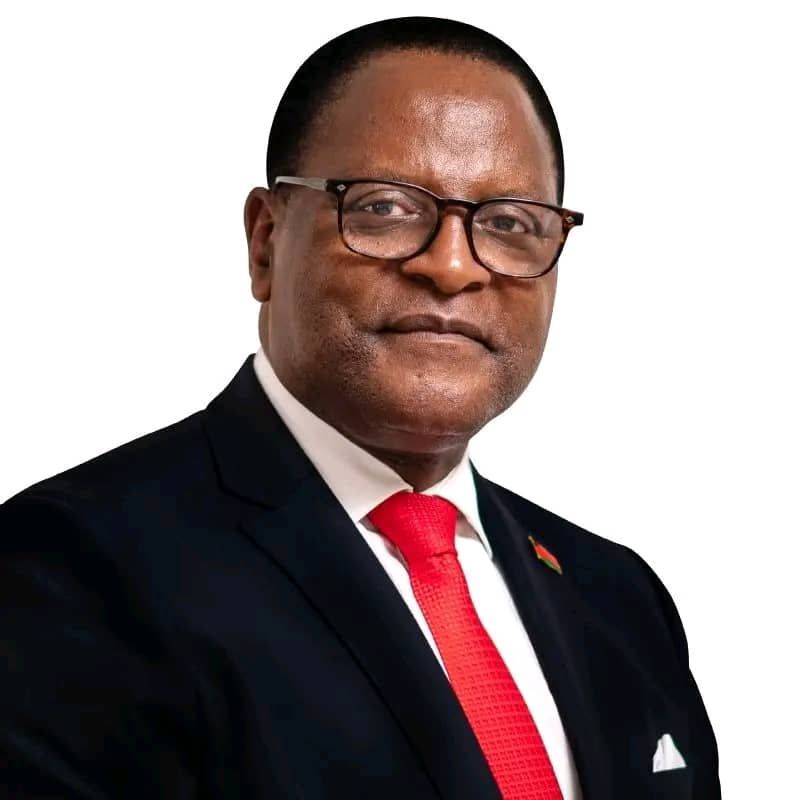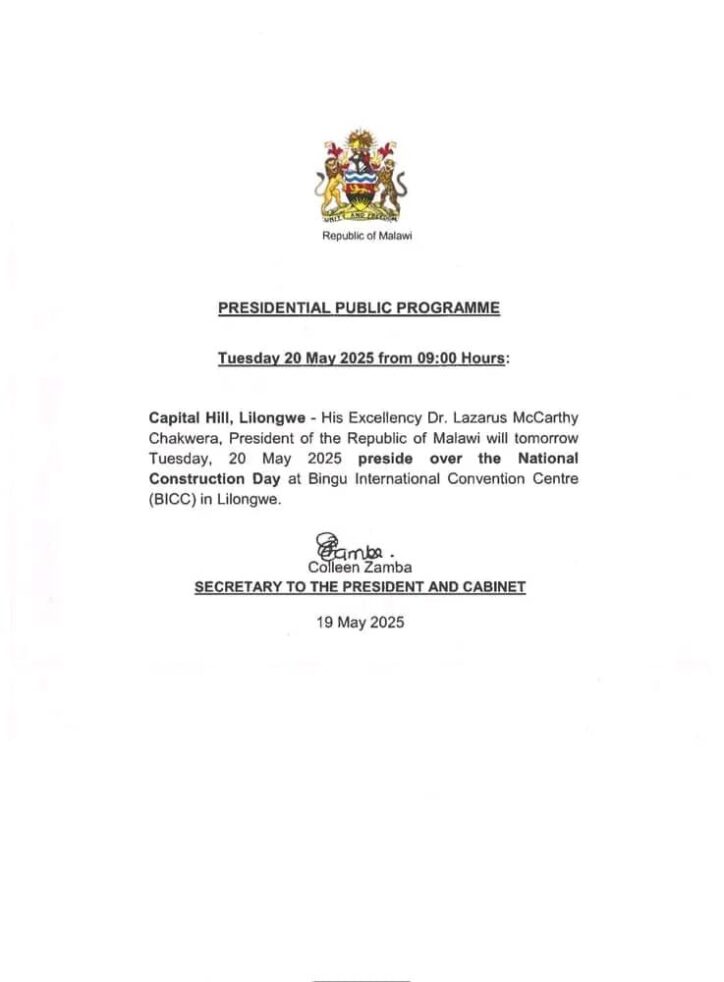By Burnett Munthali
A prominent Malawian lawyer has been arrested in connection with the ongoing manhunt for Elijah Dukuma Phiri, a fugitive wanted for his alleged role in a massive fraud case.
The arrest has sent shockwaves through Malawi’s legal and political circles, highlighting the depth and complexity of the alleged financial crime.
Elijah Dukuma Phiri remains at large despite an intensified effort by law enforcement agencies to track him down.
Phiri is accused of orchestrating a sophisticated scheme that siphoned off tens of millions of kwacha, possibly implicating several high-ranking individuals and professionals.

While details of the case remain partially sealed due to the sensitivity of the investigation, sources close to the matter suggest the fraud involved manipulation of public contracts and illicit financial transfers.
The lawyer, whose identity is being withheld for legal reasons, is believed to have played a role in facilitating or concealing some of Phiri’s financial transactions.
Police officials have confirmed the arrest but declined to offer further comment, citing the ongoing nature of the investigation.
“We are pursuing all leads and will bring all those involved to justice,” said a spokesperson for the Malawi Police Service.
The case has reignited public anger over elite impunity and growing concerns about corruption within Malawi’s legal and financial systems.
Many citizens have taken to social media demanding accountability and swift action from authorities.
“This case is a litmus test for the government’s willingness to tackle high-level corruption,” tweeted one concerned activist.
Legal experts have described the arrest of the lawyer as both “highly unusual” and “significant,” suggesting that investigators are pursuing a broader conspiracy.
“This is not just about one fugitive—it’s about an entire network of enablers,” said constitutional law scholar Dr. Mphatso Mvula.
The Anti-Corruption Bureau (ACB) has yet to release an official statement, but internal sources confirm the bureau is actively involved in parallel investigations.
Some reports indicate that international partners have also been alerted, given the possibility of cross-border financial flows connected to the alleged scam.
Phiri’s ability to evade capture has raised questions about whether he is receiving protection from powerful allies or whether he has already fled the country.
Authorities are urging the public to assist with any information that may lead to his apprehension.
Meanwhile, the legal fraternity has been left reeling, with members calling for a thorough review of ethical standards and the role of lawyers in enabling financial crimes.
“This should be a moment of reckoning for the legal profession,” said a senior lawyer under anonymity. “We must reflect on how such individuals are allowed to operate unchecked.”
The arrest has also sparked concern among whistleblowers and investigative journalists, some of whom say they are facing intimidation for probing the scandal.
Human rights groups have called for increased protection for those involved in exposing corruption.
As the investigation unfolds, all eyes are on whether the justice system will rise to the occasion or succumb to political pressure and institutional inertia.
For now, the arrest marks a dramatic twist in what is shaping up to be one of Malawi’s most high-stakes corruption scandals in recent years.
But with Elijah Dukuma Phiri still on the run, the pursuit of justice remains far from over.


